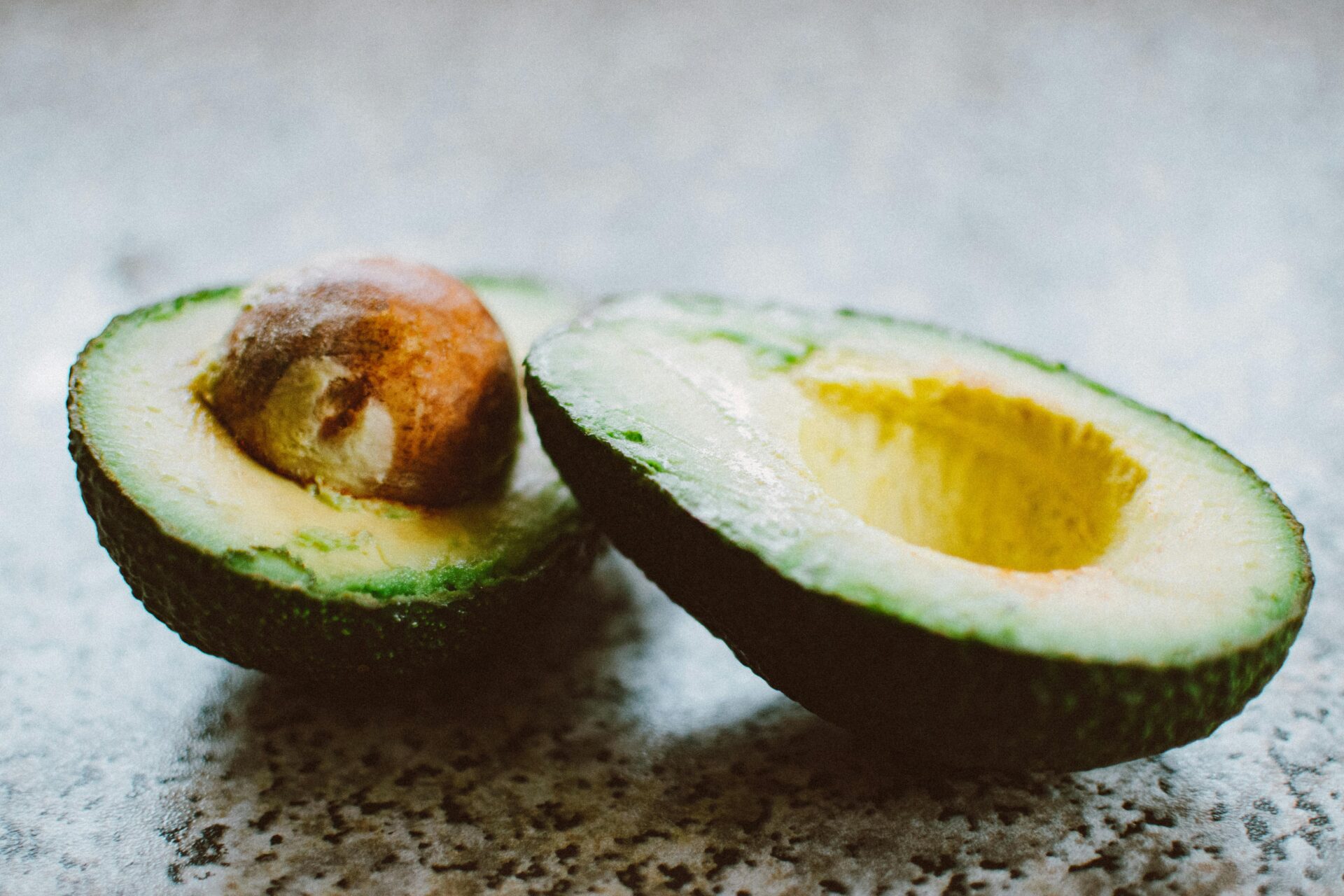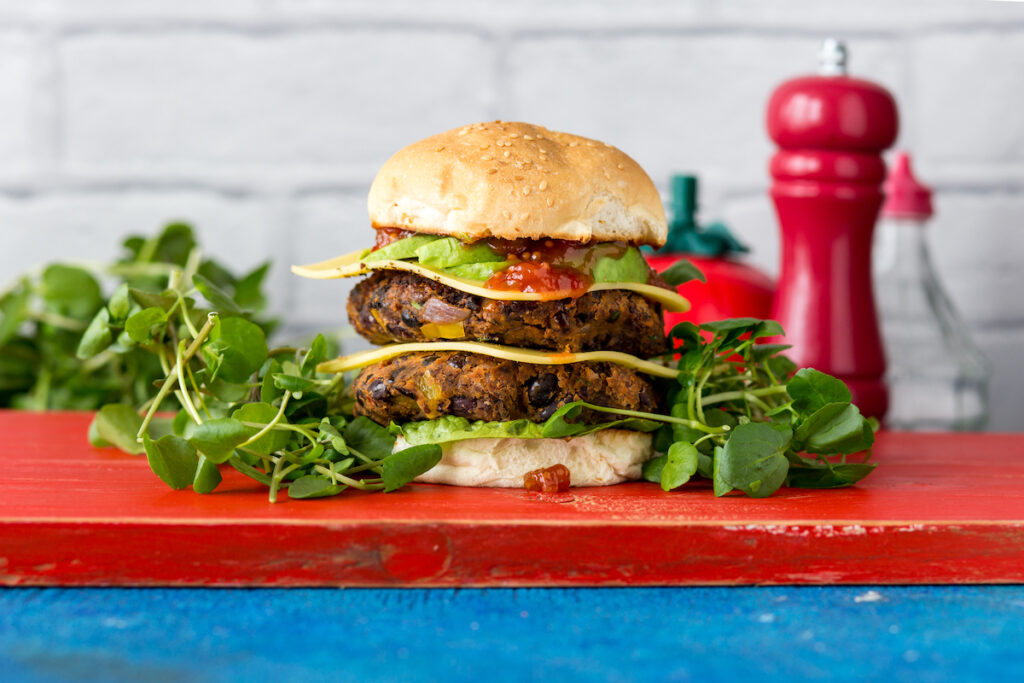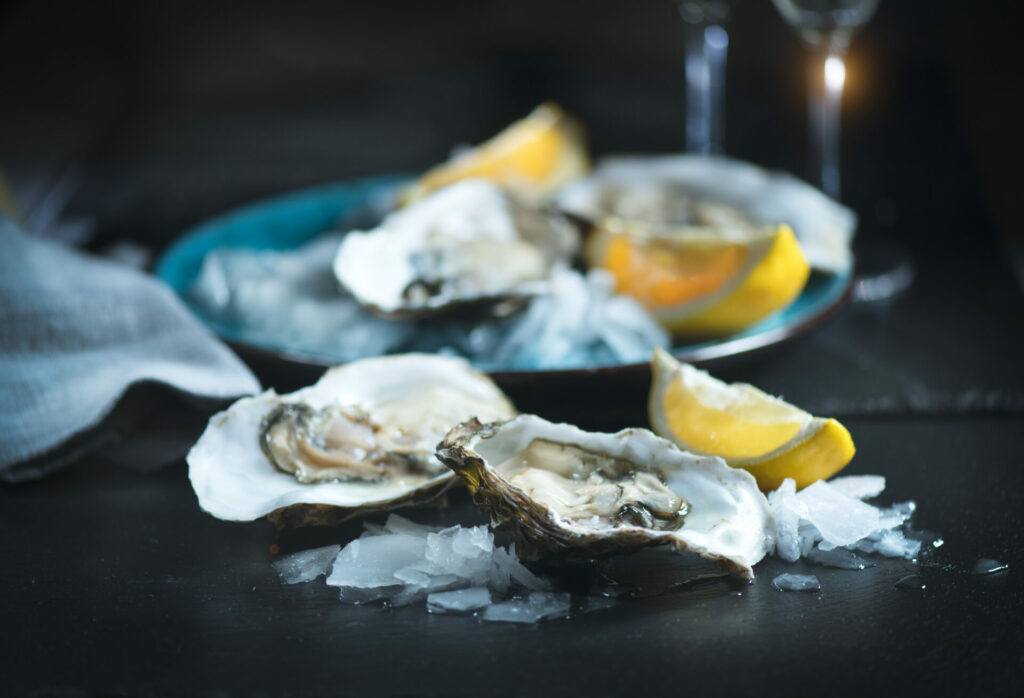The sun had barely risen over the hills of Michoacán when cartel gunmen stormed the village of Ixtaro. They came not for drugs or money, but for avocados, the region’s ‘green gold.’ Willie, a local farmer who had resisted paying protection fees, was executed in front of his family. His 11-year-old son, now orphaned, was later adopted by relatives in California.
This is not an isolated incident. In towns like Ario de Rosales, farmers have discovered mutilated bodies on their land, warnings from cartels taking control of the lucrative avocado trade. The violence has escalated to the point where communities have started arming themselves to protect their livelihoods.
As the global demand for avocados soars, so does the bloodshed in regions like Michoacán. Behind every creamy slice lies a story of extortion, deforestation, and human suffering, in stark contrast to the fruit’s western wholesome image.
The fruit that feeds a billion-dollar global craving has earned a chilling nickname: green gold. And just like any precious resource, it comes with blood on its peel
In the wellness cafés of London and Los Angeles, avocados are smashed and sculpted into Instagrammable dishes. But in Michoacán, Mexico, they’re feared. The fruit that feeds a billion-dollar global craving has earned the chilling nickname Green Gold. And just like any precious resource, it comes with blood on its peel.

Mexico exports more avocados than any other country, over 2.4 million tons a year. The vast majority come from Michoacán, a region so rich with avocado money that cartels have dropped drug routes for supply chains and swapped cocaine fields for avocado groves.
If you refuse to pay, the consequences are brutal: orchards set alight, family members abducted, farmers executed on their land. What was once farming has become extortion at scale.
Criminal groups like the Jalisco New Generation Cartel now dominate the trade, demanding ‘protection money’ from everyone in the chain. Farmers, packers, even the drivers who transport the fruit are targets. If they refuse to pay, the consequences are brutal: orchards set alight, family members abducted, farmers executed. What was once farming has become extortion at scale. For many locals, the avocado boom was meant to be a blessing. Instead, it’s turned into a battleground.
The Environmental Fallout
At first, the lush hills of Michoacán look like paradise. Endless green, dotted with rows of avocado trees. But take a closer look and towering pines, once home to monarch butterflies and native birds, are vanishing. In their place stand illegally planted avocado monocrop orchards.
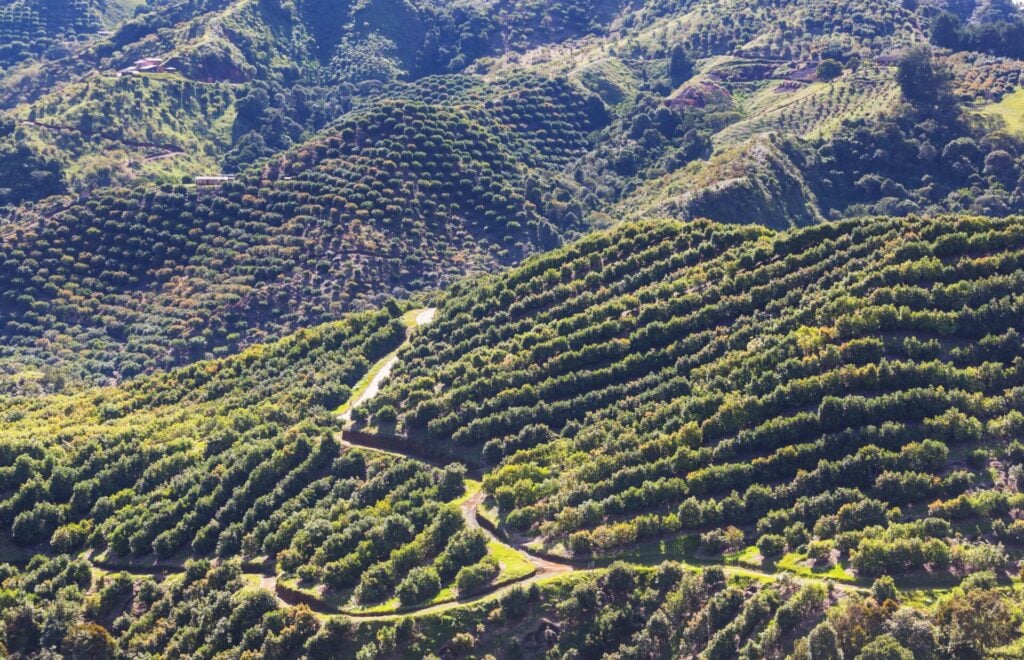
To keep up with international demand, cartels and unscrupulous growers have been clearing forests at alarming rates. Much of it is done in secret, other times masked by deliberate wildfires. Satellite images show entire hillsides of forest scorched to make way for green gold plantations.
Between 2018 and 2023, over 30,000 hectares were deforested illegally in Michoacán. And unlike legal farms, these rogue plantations dodge oversight, safety measures, and taxes all while draining the land of its biodiversity.
The butterflies are disappearing. The rivers are drying. And yet the demand doesn’t slow. Because somewhere far away, someone’s posting their brunch on Instagram unaware that their avocado toast is rooted in wrong
Environmentalists trying to document the destruction have been harassed or worse. Locals fear speaking out. The butterflies are disappearing. The rivers are drying. And yet the demand doesn’t slow. Because somewhere far away, someone’s posting their brunch on Instagram unaware that their avocado toast is rooted in wrong.
Avocados are Thirsty Fruit
Avocados aren’t just lucrative, they’re incredibly thirsty. On average, it takes 74 gallons of water to grow a single pound of avocados. That’s about 320 litres for just two or three fruits. And while they’re marketed as the darling of a clean, green lifestyle, the truth is more complicated, especially in places where water is running out.
In California’s Central Valley, one of the largest avocado-producing regions in the United States, prolonged droughts have pushed water systems to the brink. Farmers drill ever-deeper wells, draining underground aquifers that take centuries to replenish. Some rural communities — particularly lower-income, often Latino neighbourhoods — now rely on bottled water because their taps run dry. It’s a bitter irony: those growing the food can’t even get clean water to drink.
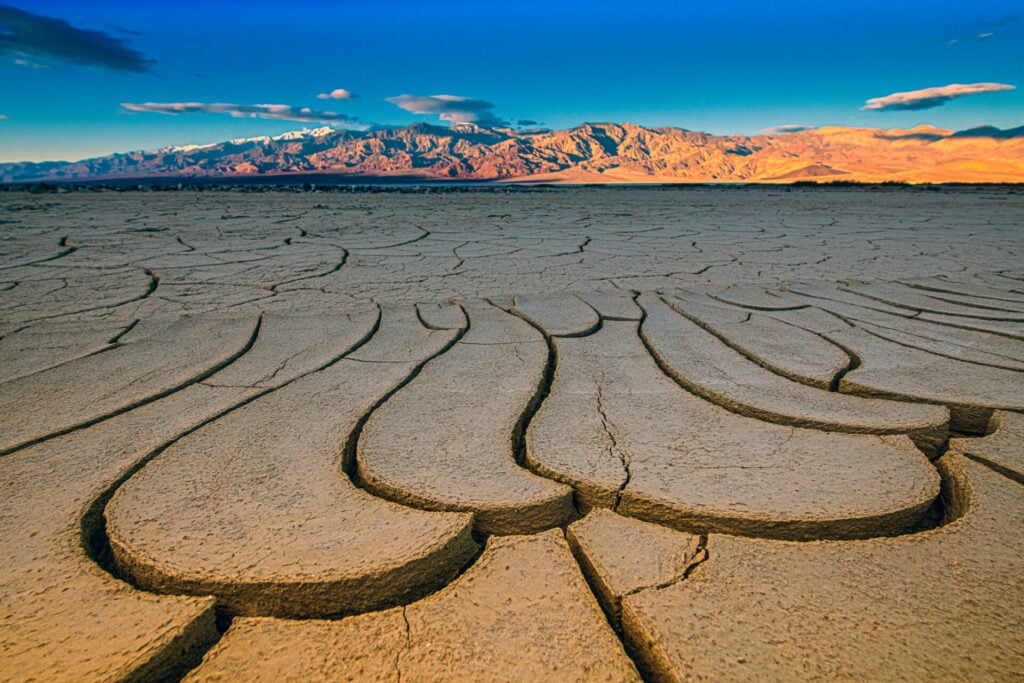
Meanwhile, in Michoacán, illegal avocado plantations have been diverting water away from local communities, ecosystems, and even schools. Entire rivers have vanished from maps. Vigilante groups have dismantled cartel-run irrigation systems to reclaim their natural springs but retaliation is often swift.
Avocados may be green, but their water footprint is anything but. In some regions, eating one is equivalent to flushing a toilet twelve times or running a shower for ten minutes.
Avocados may be green, but their water footprint is anything but. In some regions, eating one is equivalent to flushing a toilet twelve times or running a shower for ten minutes. And with climate change accelerating, the cost of keeping them on our plates is only going up.
The Human Cost
The avocado industry has brought billion-dollar profits to global markets, but for many of the workers at the bottom of the chain, it’s brought little more than hardship.
In Mexico, pickers often labour under unsafe, exploitative conditions. A 2019 report by the Mexican Secretariat of Labour found widespread wage violations and a lack of contracts across the agricultural sector, including in avocado production. Most workers are paid by the crate, earning as little as $8–10 per day, with no social protections or healthcare. In cartel-dominated areas, workers may also be extorted, forced to hand over a portion of their wages to criminal groups or face violence.
Child labour remains a concern, too. The U.S. Department of Labor has listed avocados from Mexico in its report on goods produced by child labour or forced labour, citing informal fieldwork that often includes minors alongside adults during peak harvest seasons.
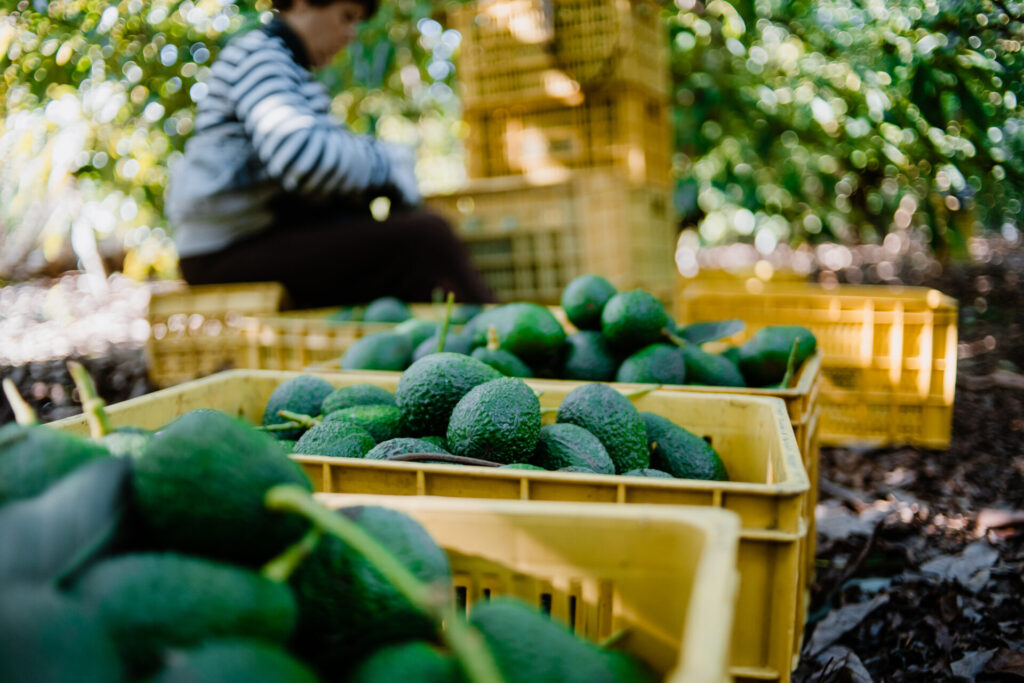
Even in the U.S., where regulations are tighter, the situation isn’t ideal. In California, farmworkers, many undocumented, face extreme heat, pesticide exposure, and lack of access to basic services. A 2022 study from UC Merced found that nearly 60 per cent of Central Valley agricultural workers reported not having access to clean drinking water during shifts, and over half lacked health insurance.
In supermarkets and on social media, avocados are sold as a symbol of clean, conscious living, but the truth behind the supply chain is surprisingly murky.
Many of the biggest suppliers boast ‘sustainable sourcing’ or ‘responsible farming’ on their labels, but dig a little deeper and the details fall apart. A 2024 investigation by Mongabay found that top exporters like Fresh Del Monte and Calavo Growers had sourced avocados from illegally deforested land in Mexico, while still marketing them as environmentally friendly. In many cases, there is no third-party oversight, just vague claims and glossy branding.
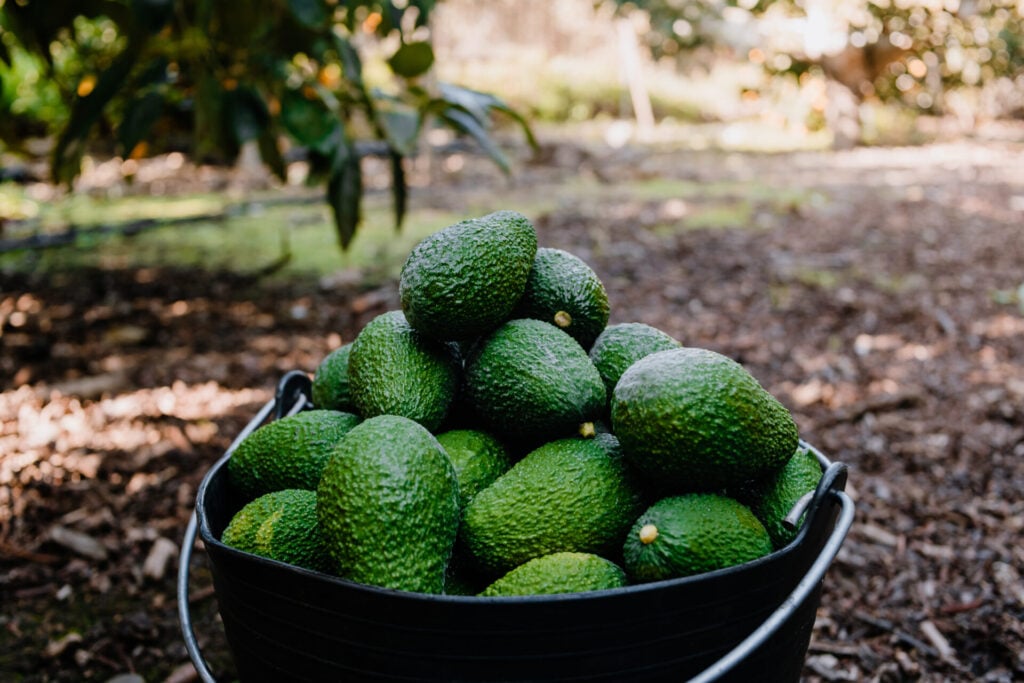
Certification programs do exist. In August 2024, Michoacán launched a regional initiative to label avocados from ‘legally compliant orchards.’ But critics argue the program lacks teeth, with thousands of unregistered plantations still operating freely, often under cartel control.
So where does that leave the consumer? We’re told to trust the label. But the reality is that our choices, and the industry’s marketing, often obscure more than they reveal. Without stronger regulation, traceability, and consumer awareness, ‘sustainable avocados’ risk becoming just another case of greenwashed guilt relief.
So… Should We Stop Eating Avocados?
Not necessarily. But we do need to rethink how we consume them, and how often.
Avocados aren’t evil. But they’re not innocent either. Like coffee, chocolate, or fast fashion, they’ve become a global commodity tangled in exploitation and environmental harm. The solution isn’t total rejection but should be informed consumption.
That means buying less, choosing local or traceable sources when possible, and not treating them as an everyday staple. Look for brands with certifications that actually mean something such as Equal Exchange, Regenerative Organic Certified, or verified fair trade cooperatives.
It also means diversifying your diet. Try healthy fats that are less destructive: hemp seeds, walnuts, rapeseed oil, sunflower seeds, or even home-grown herbs with olive oil.
And if you do buy avocados? Don’t waste them. Don’t treat them as disposable trend food. Understand the story behind them, the people, the land, the cost.

